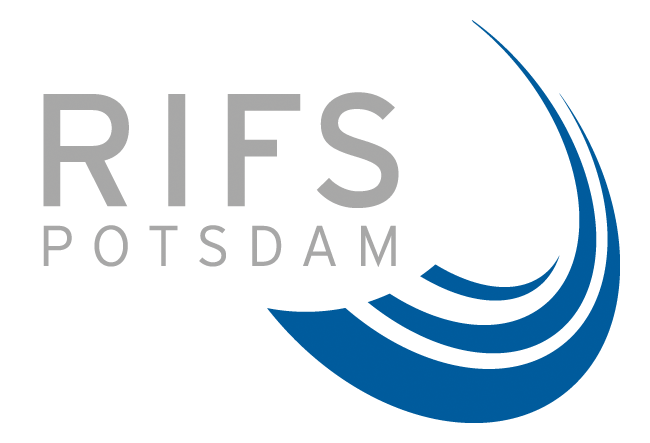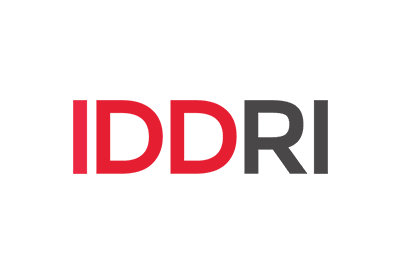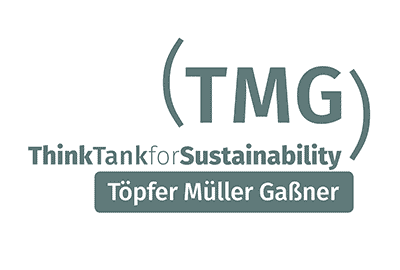The STRONG High Seas project, together with Germany, the Secretariats of the Abidjan Convention and Permanent Commission for the South Pacific (CPPS), and the International Institute for Environment and Development (IIED) hosted a workshop titled ‘Building Capacities for Regional Ocean Governance: Marine Genetic Resources and Area-based Management Tools’ on 25 August 2019 on the side-lines of the third session of negotiations for an international agreement on the conservation and sustainable use of marine biodiversity in areas beyond national jurisdiction (IGC 3) in New York, USA.
About 40 representatives from international organisations, academia, and NGOs as well as UN negotiators from the Southeast Pacific, Southeast Atlantic and Southwest Pacific regions took part in this workshop with the objectives to:
- Discuss marine genetic resources (MGRs) in the context of the global negotiations: from in-situ sampling to digital sequences; the role of marine science and using environmental DNA as a conservation tool;
- Exchange on lessons learnt and best practices in regional ocean governance, particularly with regard to the conservation of biodiversity in areas beyond national jurisdiction through the application of area-based management tools (ABMTs);
- Highlight the importance, opportunities and challenges of regional ocean governance approaches for the implementation of a future BBNJ agreement under UNCLOS, including the perspectives of Least Developed Countries (LDCs) for participation and implementation;
- Provide a networking opportunity for participants from different regions and countries and ensure mutual learning.
The agenda of the workshop can be found here.
Presentations on marine genetic resources can be viewed below:
- Dr. Judith Gobin, University of the West Indies: ‘Strengthening Marine Science and Building Capacities’
- Prof. Marcel Jaspars, University of Aberdeen: ‘Marine Genetic Resources: from Sampling to Commercialisation’
The STRONG High Seas project (‘Strengthening Regional Ocean Governance for the High Seas’) is part of the International Climate Initiative (IKI). The Federal Ministry for the Environment, Nature Conservation and Nuclear Safety (BMU) supports this initiative on the basis of a decision adopted by the German Bundestag.






